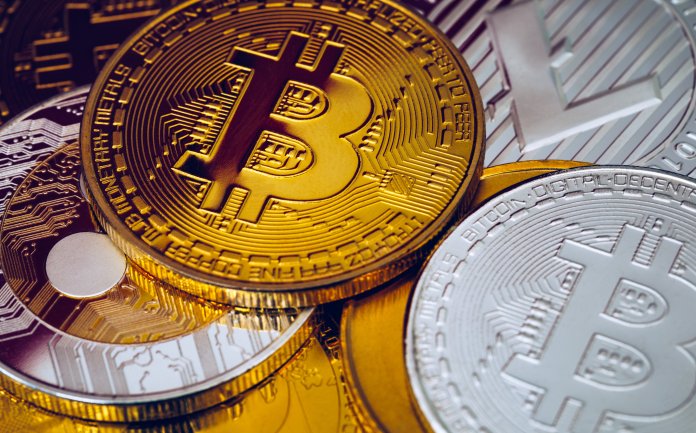Several German banks are seeking regulatory authorizations to offer them various services related to digital assets. According to Handelsblatt, the German financial market regulator BaFin deals with applications from a total of 40 banks. They are seeking to offer a cryptocurrency custody service, which is primarily managing, selling and holding cryptocurrencies for their clients.
History
Since the beginning of January 2020, changes in German legislation have allowed banks to extend their offer beyond traditional securities to cryptocurrencies such as bitcoins, litecoins or ethers. As the Handelsblatt notes, the new legislation gives these institutions that already deal with digital assets a transitional period. It will run until November 2020. However, all interested parties must register their interest with the regulator by the end of March, at the latest.
The volume of applications reportedly exceeded all expectations of the Ministry of Finance. This according to Frank Schäffler, Member of Parliament for the Free Democratic Party.
The new Legislation of German Banks
Above all, the new legislation covers a wide range of crypto-assets, ranging from cryptocurrencies to tokens. They classifies them as a digital representation of a value that does not have legal tender status. Berlin Solaris Bank was one of the first institutions to report to BaFin. Michael Offermann, head of crypto-banking, said:
“We have been intensively dealing with cryptocurrencies for a year and a half. And, thanks to the amendment to the Money Laundering Act, it is now a good time to start working with them in practice. After all, we are not a research institute, but a commercial bank.”
As announced in the autumn of 2019, the proposed legislation was welcomed by some industry as a certain step towards the transformation of Germany into a “cryptocurrency heaven”. So far it would be possible to call cryptocurrencies very favorable for Malta or Switzerland. Will it change?
Is it a good idea to let the German Banks keep these crypto-assets?
A question for what there is no correct answer. For example, in the Czech Republic, Expobank has already taken on this task, which will soon be followed by its ambitious competitors. But it’s on the way against the whole cryptocurrency system.
Cryptocurrencies are a decentralized system that does not require central authority (such as banks) to process transactions or preserve the private keys needed for value transfers. Thanks to the institutions, with the advent of their regulations and the conditions of the entire network, they could lose meaning.
Conclusion
To sum up, most people are comfortable with it. We expect that the merging of German banks with cryptocurrencies will bring more simplicity. This will speed up their acceptance and use of such digital assets. Suddenly it will be much easier to choose between cash, card or cryptocurrency at the terminal in the company. Accepted cryptocurrencies can then be exchanged almost free of charge for the selected fiat currency.
But is it not the shack that the states, headed by Germany, are sewing to bring the transparency that the states will require to control their citizens in the hitherto shaded blockchain?
After all, if a client of the bank receives a request to clarify the origin of the coins received from a specific address under the threat of seizure of coins, it will probably not hesitate long and report the address owner. And it could expose most, if not the entire cryptocurrency network, piece by piece.
Here you can read more about the market overview of the banking in Germany: https://en.wikipedia.org/wiki/Banking_in_Germany#Market_overview







